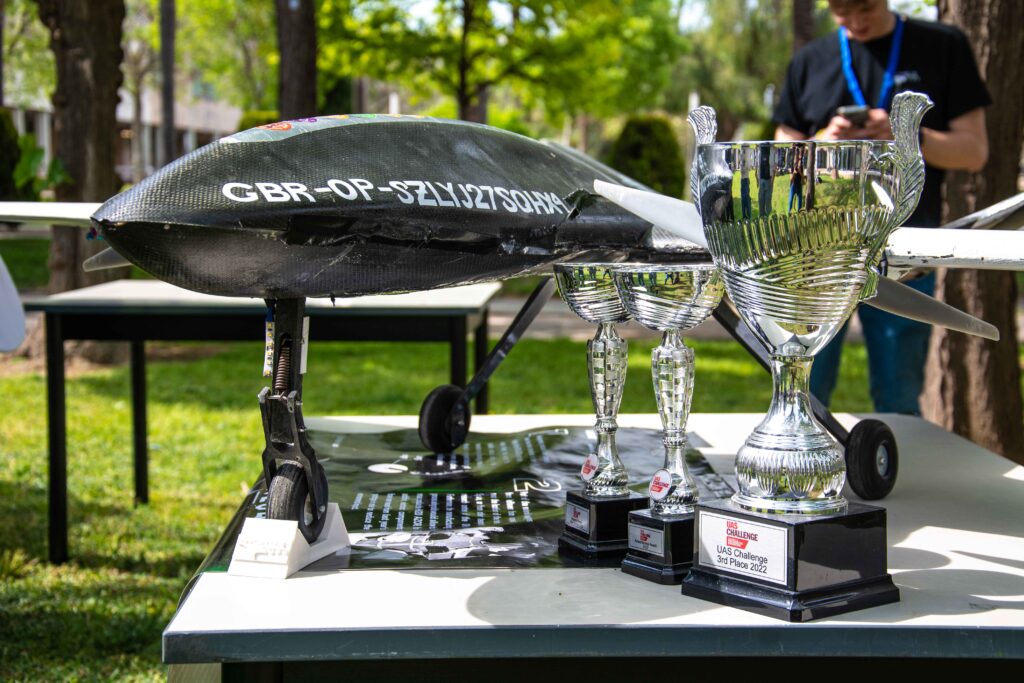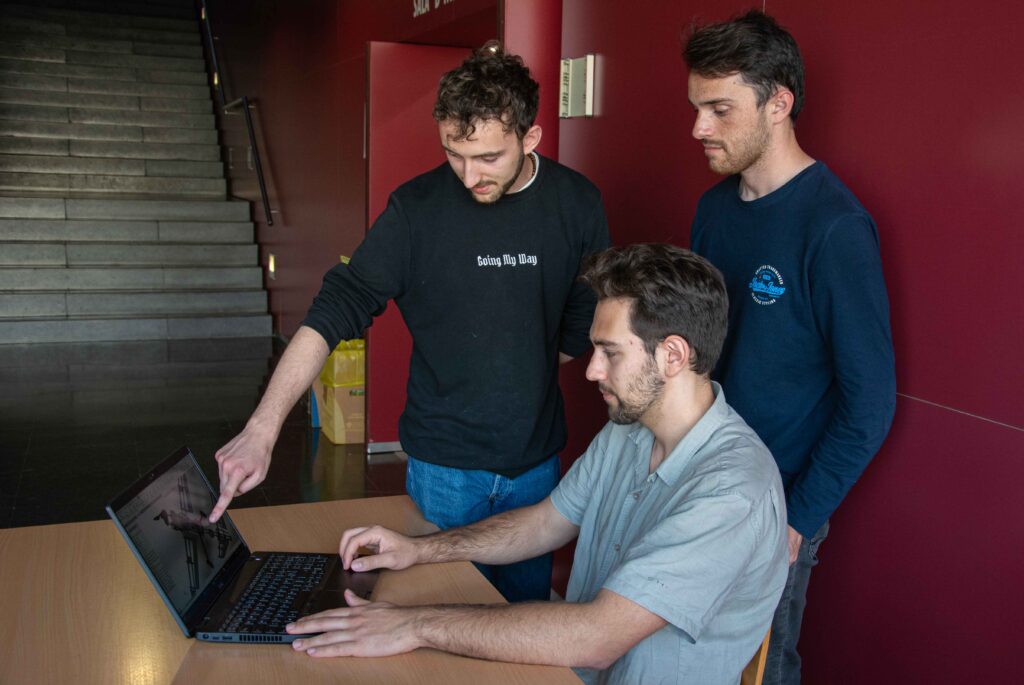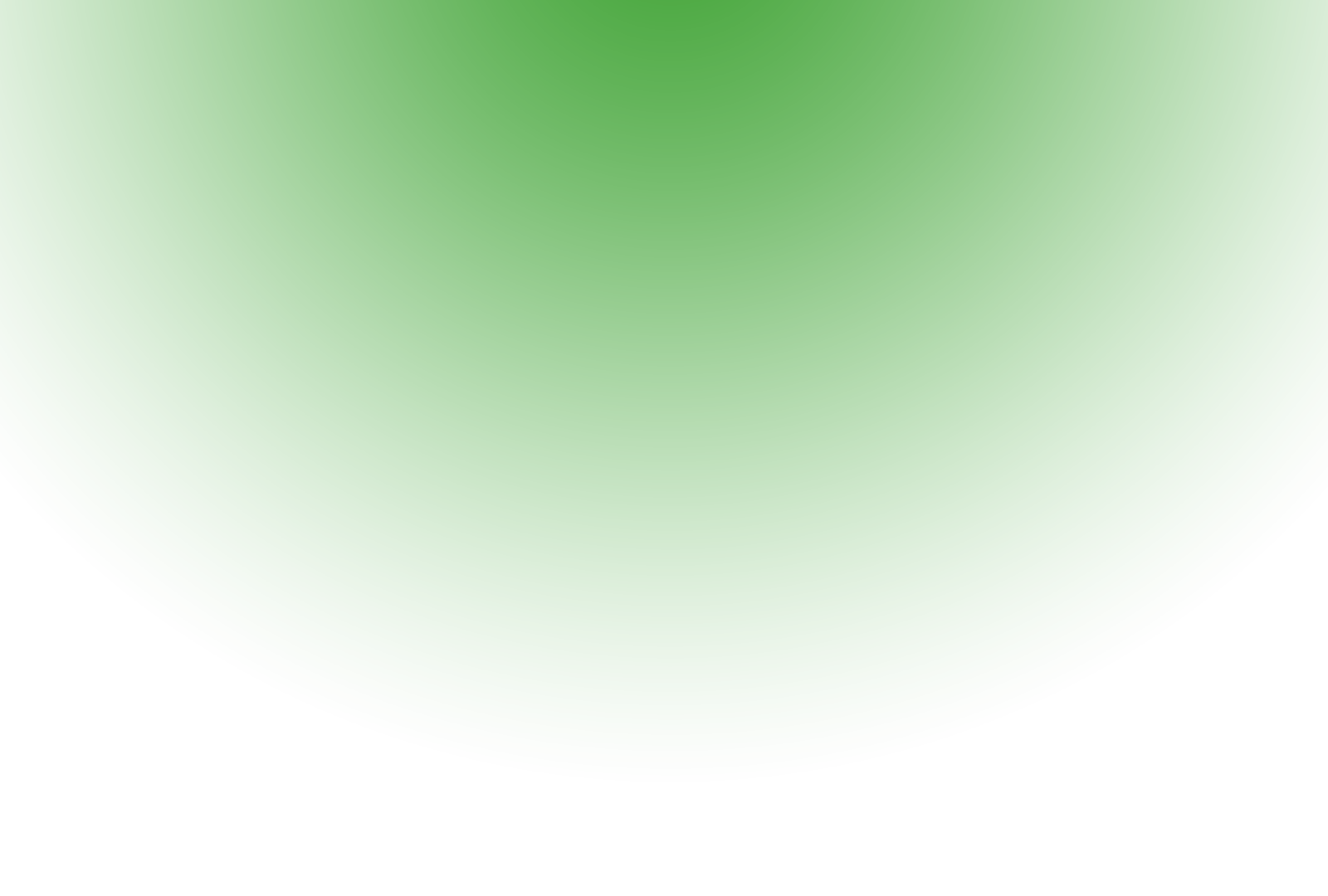Welcome to the new era
of long-haul autonomous flights…
of long-haul autonomous flights…
HORUS UPV
Who we are


The team
The team consists of 50 members, divided into 8 subgroups: Aerodynamics, Structures, CAD, Manufacturing, Flight Systems and Control, Vision and Artificial Intelligence, Organization and Image. The team also includes the roles of Technical and Financial Management, and has its own pool of first-year students for subsequent entry into the team.
Our work
The Horus UPV team consists of three work lines: the competition UAV line, which includes the H110/H120/H130 series models, the Hydrogen Research line (H200 and H101), and the prototypes line for testing Artificial Intelligence and autopilots (H030).
After participating in the UAS Challenge 2022 organized by the Institution of Mechanical Engineers (IMechE) in the United Kingdom, the team was awarded in the categories of airworthiness and best newcomer team, receiving special mentions in business proposition and safety. This earned them 3rd place in the international competition, which had 32 participating teams. They established themselves as the only Spanish team to win since the contest’s inception.


Who we are


The team


Our work
The Horus UPV team consists of three work lines: the competition UAV line, which includes the H110/H120/H130 series models, the Hydrogen Research line (H200 and H101), and the prototypes line for testing Artificial Intelligence and autopilots (H030).
After participating in the UAS Challenge 2022 organized by the Institution of Mechanical Engineers (IMechE) in the United Kingdom, the team was awarded in the categories of airworthiness and best newcomer team, receiving special mentions in business proposition and safety. This earned them 3rd place in the international competition, which had 32 participating teams. They established themselves as the only Spanish team to win since the contest’s inception.


Do you wanna join us?
We’ve been waiting for you!

